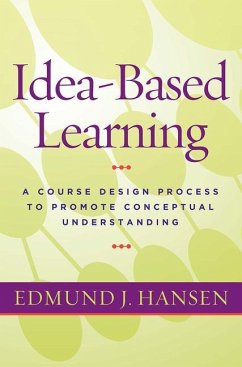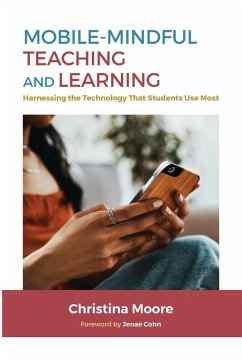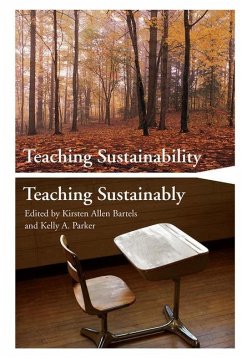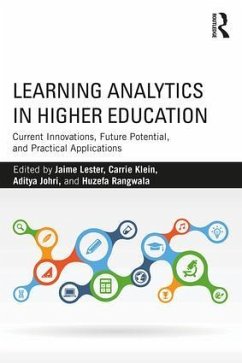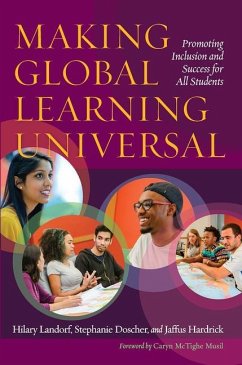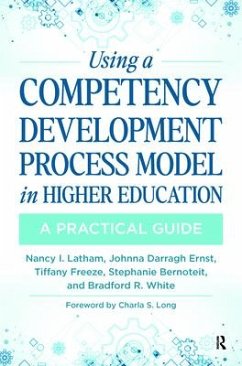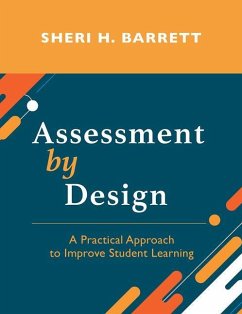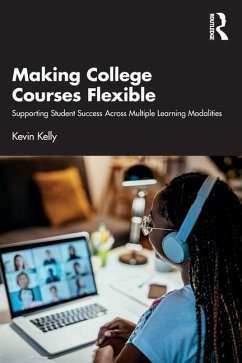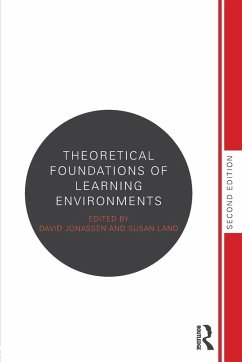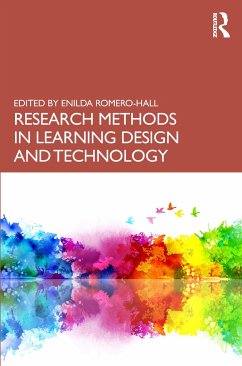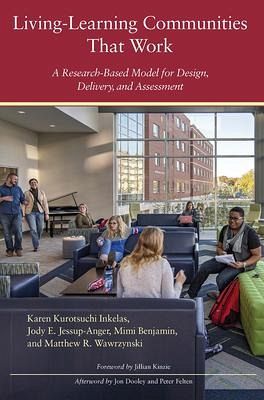
Living-Learning Communities That Work
A Research-Based Model for Design, Delivery, and Assessment
Versandkostenfrei!
Versandfertig in 6-10 Tagen
37,99 €
inkl. MwSt.
Weitere Ausgaben:

PAYBACK Punkte
19 °P sammeln!
Co-published with In 2007, the American Association of Colleges and Universities named learning communities a high-impact practice because of the potential of these communities to provide coherence to and ultimately improve undergraduate education. Institutional leaders have demonstrated a commitment to providing LLCs, but they currently do so primarily with anecdotal information to guide their work. As a result, there is substantial variation in organizational structure, collaboration, academic and social environments, programmatic integration, student outcomes, and overall quality related to...
Co-published with In 2007, the American Association of Colleges and Universities named learning communities a high-impact practice because of the potential of these communities to provide coherence to and ultimately improve undergraduate education. Institutional leaders have demonstrated a commitment to providing LLCs, but they currently do so primarily with anecdotal information to guide their work. As a result, there is substantial variation in organizational structure, collaboration, academic and social environments, programmatic integration, student outcomes, and overall quality related to LLC participation. To establish a stronger, more unified basis for designing and delivering effective LLCs, the authors of Living-Learning Communities that Work collaborated on the development of a comprehensive empirical framework for achieving the integrating potential of LLCs. This framework is designed to help practitioners guide the design, delivery, and assessment of LLCs. This book thoughtfully combines research and field-tested practice to document the essential components for best practices in living learning communities and presents them as a clear blueprint - the LLC best practices model - for LLC design. Practitioners, researchers, and institutional leaders can use the book as a guide to more effectively allocate resources to create and sustain LLCs and to realize the potential of these communities to improve undergraduate education.





